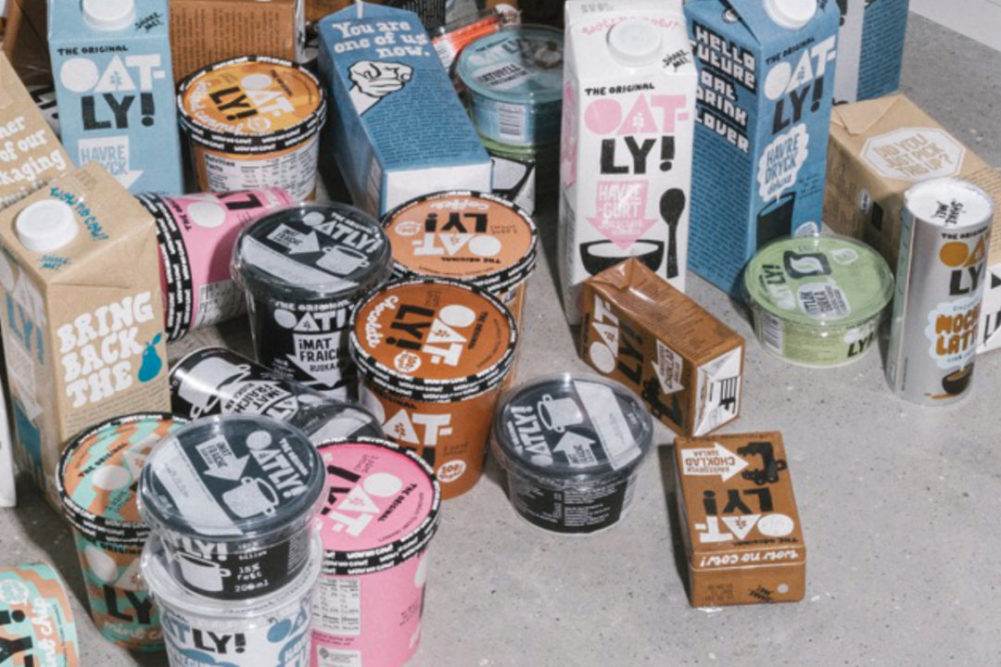MALMO, SWEDEN — Revenues at Oatly Group grew 50% in the second quarter as consumer appetite for dairy alternatives continued to rise, particularly in restaurants and coffee shops.
The company, which completed its initial public offering in May, now expects full-year revenues of more than $690 million, a 64% increase from the previous year.
Oatly is using the capital from its IPO to fuel new production capacity as global demand for its plant-based milk alternatives outpaces supply. The company recently opened two new facilities in Ogden, Utah, and in Singapore, and doubled capacity at its facility in The Netherlands. It currently is investing to expand its oat base capacity at the Utah plant by 50%, and a second manufacturing facility in Asia is expected to open later this year in China. Two additional facilities in the United States and the United Kingdom are slated for 2023.
Produced finished goods volume for the second quarter amounted to 106 million liters, up 43% from 74 million liters a year ago. The company expects its production to double by the end of 2022.
“Production capacity has been a major constraint on our growth, and we have made substantial investments to scale our production capacity and address supply shortages due to the massive demand for our products globally,” said Peter Bergh, chief operating officer at Oatly, in an Aug. 16 conference call with analysts.
The company’s expansion hasn’t come cheap, with second-quarter losses widening to $59.1 million from $4.8 million in the same period a year ago. Revenues for the second quarter ended June 30 increased 53% to $146.2 million from $95.3 million.
“We continue to prioritize growth investments over profitability to best position Oatly to serve customers and consumers alike,” said Toni Petersson, chief executive officer. “We believe these priorities are critical for accelerating conversion from the global dairy market, which we estimate to be worth approximately $600 billion in the retail channel alone as of 2020.”
Nearly 40% of adults in key markets are buying milk alternatives, with 70% joining the category in the past two years, he added.
“This conversion demonstrates the accelerating trajectory of the category and growth potential for further penetration,” Mr. Petersson said. “We believe a majority of the market is wide open for the taking, and we're approaching a major tipping point of conversion to plant-based alternatives.”
To drive conversion, Oatly is pursuing a foodservice-led strategy aimed at building demand organically via trial in restaurants. Key to this strategy is its partnership with Starbucks Corp. as the coffee chain’s exclusive oat milk provider in the United States.
The Starbucks partnership accounted for 27% of the company’s sales in the second quarter.
“Last year, we shifted volumes away from foodservice to retail,” Mr. Petersson said. “This year, we've been able to strategically increase sales back into foodservice to drive consumer trial and brand awareness, which helps us to create an acceleration in conversion across all sales channels, not just foodservice.”

